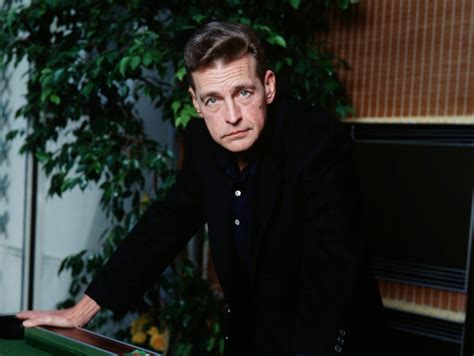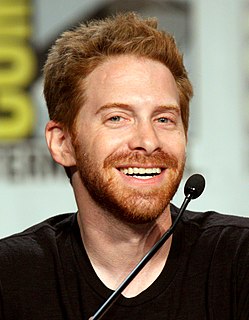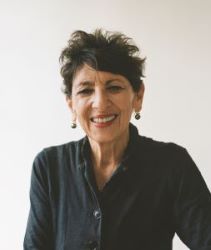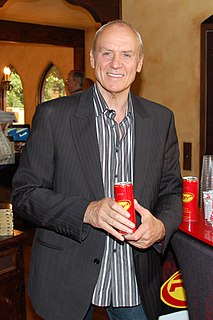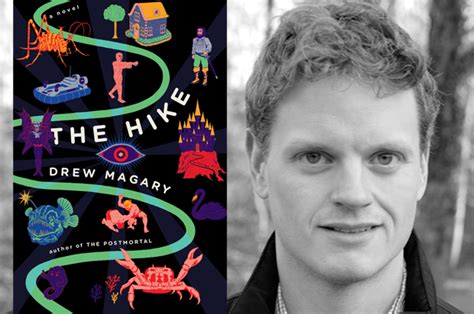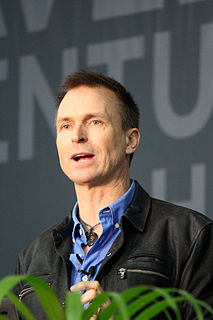A Quote by Chelsea Handler
I wanted to be famous. It's embarrassing to admit, but I came out to L.A. thinking it would happen in no time. I thought, 'Once they see me, they'll be so glad I came.' I always had a ridiculous amount of self-confidence about what was going to happen to me.
Related Quotes
My most recent novel didn't start out scaring me, but as I got deeper into writing it, it scared me. It's not so much where the story's going. It's where it came from. I always come out of it thinking, Okay, that got it all outta me. The next one's gonna be nice and simple, and it's not gonna scare me, and that never seems to happen.
South Africa used to seem so far away. Then it came home to me. It began to signify the meaning of white hatred here. That was what the sheets and the suits and the ties covered up, not very well. That was what the cowardly guys calling me names from their speeding truck wanted to happen to me, to all of me: to my people. That was what would happen to me if I walked around the corner into the wrong neighborhood. That was Birmingham. That was Brooklyn. That was Reagan. That was the end of reason. South Africa was how I came to understand that I am not against war; I am against losing the war.
I do remember, one time, a man came to me after the students began to work in Mississippi and he said the white people were getting tired and they were getting tense and anything might happen. Well, I asked him "how long he thinks we had been getting tired"? I have been tired for 46 years and my parents was tired before me and their parents were tired, and I have always wanted to do something that would help some of the things I would see going on among Negroes that I didn't like and I don't like now.
I once heard a sober alcoholic say that drinking never made him happy, but it made him feel like he was going to be happy in about fifteen minutes. That was exactly it, and I couldn't understand why the happiness never came, couldn't see the flaw in my thinking, couldn't see that alcohol kept me trapped in a world of illusion, procrastination, paralysis. I lived always in the future, never in the present. Next time, next time! Next time I drank it would be different, next time it would make me feel good again.
Looking back, I feel like I was really young, and at the time I didn't think that I was that young. It was extremely traumatic and awful and horrible. At the same time, it turned out for the best. I'm glad that I'm not there. I'm glad that it didn't happen when I was 50. I'm glad I didn't have kids. And I got that out of the way. Hopefully. Like, that's probably not going to happen again.
The idea for me came when I was watching a 60 Minutes segment about resveratrol, the chemical in red wine that lets you live longer, supposedly. And they were like, "Who knows, maybe one day it will help to cure aging." And I thought, "Well, if they did that, we'd all kill each other." And then I laughed, and then I thought about how precisely that would happen. That's how the book came to be.
I once had a young musician come to me and say that he wanted to be a professional musician. I asked him to write his list. When he came back to me, the three things in his life he most wanted were: to be paid for his music; to travel around the world; to meet new people. We came to the decision, after thinking really creatively, that if he got a job on a cruise ship, he would fulfill those goals.
My sister was like my surrogate mother here, in Washington, with very much of the same persuasions as my mother. Even when friends came from home that I knew were more socially adaptable to the mores of the time, she would always caution me and say, "Be careful if you're going out with so and so because you know such and such a thing could happen." It was that kind of guardianship, and concern that imprinted me.
I thought if only I had a keen, shapely bone structure to my face or could discuss politics shrewdly or was a famous writer Constantin might find me interesting enough to sleep with. And then I wondered if as soon as he came to like me he would sink into ordinariness, and if as soon as he came to love me I would find fault, the way I did with Buddy Willard and the boys before him.
When I was in N.W.A. and didn't get paid all the money I was owed, that's when the business side of showbiz hit me. I thought, "Half of this is workin'. I'm famous, but now I need to be famous with some money." That got my brain started at trying to figure out the business end. And once I figured out the business side, I next came to understand that success really comes down to the product, not to me, my personality, or what club I'm seen going into or coming out of. None of that matters.
I'm still happy with the way Einstein's Dreams came out. That book came out of a single inspiration. I really felt like I was not creating the words, that I was hearing the words. That someone else was speaking the words to me and I was just writing them down. It was a very strange experience. That can happen with a short book. I don't think it could happen with a long book.
I worked very hard to try and figure out what I thought and I believed that we were going to succeed and that revolutions would happen globally and we would be a part of that and we would have then not capitalism. We would have values based on human lives, not profit. We would actually transform the kinds of ways people built love and built community. It was a very shocking thing to me, out of the end of the 70s and the beginning of the 80s, to realize that that dream - while I still believed in it - was not going to happen in the way that I had hoped.

